Constitutional problems faced by Queen during reign
Appointing Harold Macmillan’s successor as prime minister in the 1960s sparked a political storm.

With a reign spanning many British governments under 14 prime ministers and dozens more in the Commonwealth, the Queen has not escaped constitutional difficulties over the years.
Yet Boris Johnson’s decision to prorogue Parliament, an order approved by the sovereign, has been described as drawing the monarch into the most contentious and divisive political debate in recent times.
In her early years as head of state, problems arose for the Queen because the post-war Conservative Party had no formal rules for electing a leader, forcing the monarch to use her royal prerogative to appoint a prime minister on two occasions.
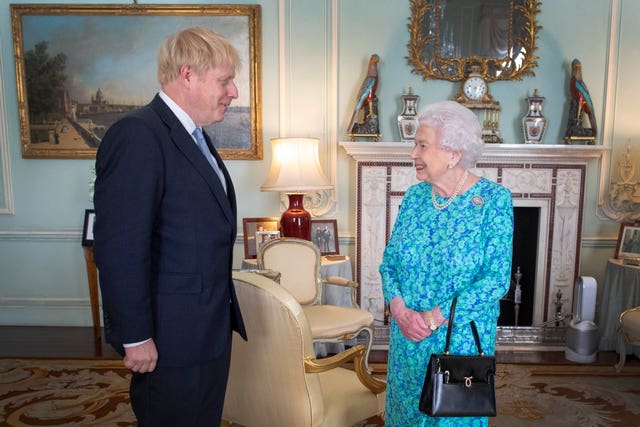
On Sir Winston Churchill’s retirement in 1955, the mantle passed to his long-time heir apparent Sir Anthony Eden, who moved into 10 Downing Street.
When Sir Anthony left in 1957, in the wake of the Suez Crisis, there were two possible successors, Harold Macmillan and Rab Butler.
The Queen consulted Eden, Churchill and two Cabinet ministers, Lord Salisbury and Lord Kilmuir, who were not eligible because they were peers.
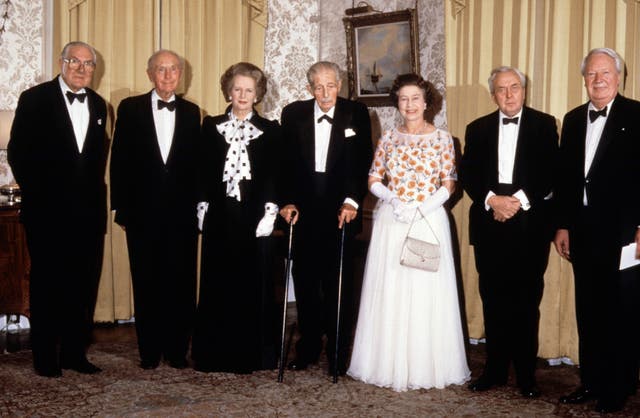
They took soundings in Cabinet and from party whips, and all the combined advice offered to the Queen pointed to Macmillan.
But the press had widely expected Butler, acting prime minister during Eden’s illness, to succeed and were astonished when he was not called to the palace.
It was Macmillan’s departure in 1963 however that was to cause the biggest controversy.
The Queen visited her ailing prime minister in hospital and was told that a wide canvass of party opinion had convinced him that Lord Home should be his successor.
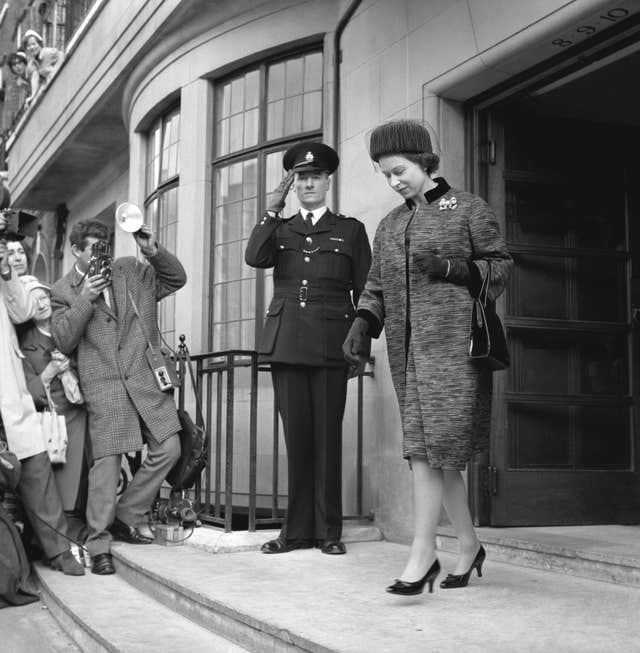
That effectively prevented the Queen from taking wider soundings – a failure which was to drag her into an ugly political squabble as it emerged that Macmillan appeared to have at least partially “fixed” the succession.
The row led the Tories to follow Labour’s lead and establish a selection procedure so that the Queen would never again be placed in such an awkward position.
On occasions, her representatives in the Commonwealth have been less bothered about the consequences of taking deeply unpopular decisions in her name.
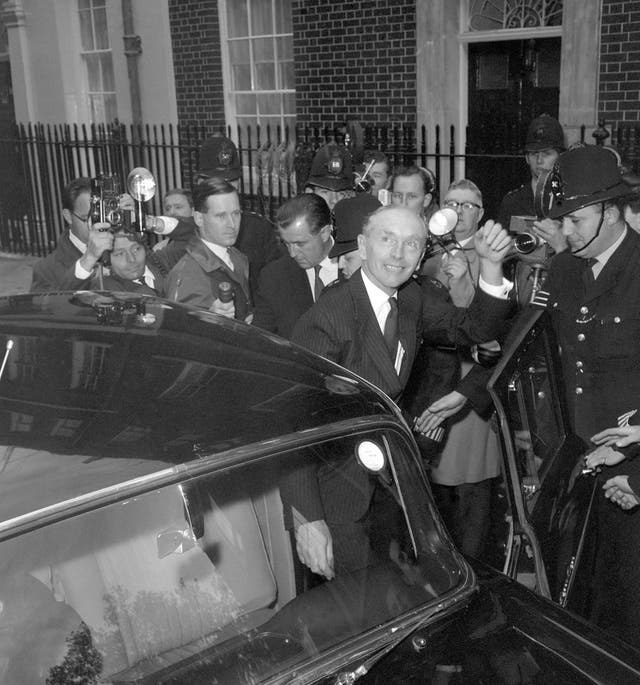
In 1975, Sir John Kerr, the Governor-General of Australia, used the power of prerogative vested in his office to dismiss Prime Minister Gough Whitlam over the issue of money supply.
He was within his constitutional rights to do so – and the Queen was never consulted – but the issue sparked a row which simmers to this day, amid support for Australia becoming a republic.
Other constitutional problems have arisen in some of the smaller countries of the Commonwealth.
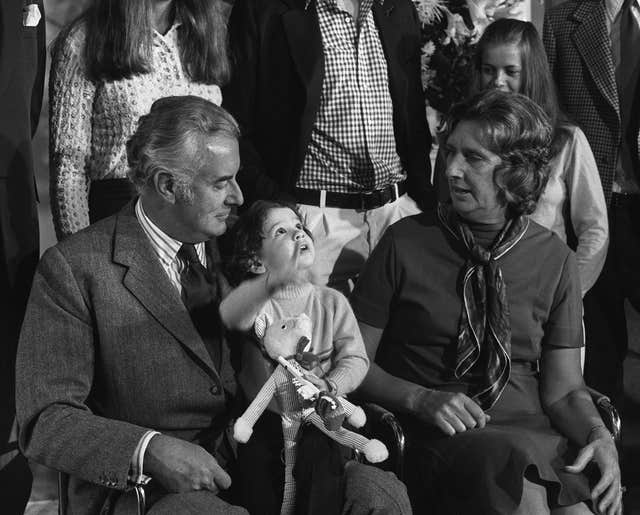
Many MPs were enraged in 1983 by the sudden US invasion of the Caribbean island of Grenada, where the Queen was head of state.
It emerged that no attempt had been made to consult the Queen – a lack of courtesy and breach of protocol which further inflamed a delicate situation.
Then, in l987, Fiji, following a military coup, became a republic outside the Commonwealth.
This prompted the Queen to warn that anyone who sought to remove her Governor-General from office “would, in effect, be repudiating his allegiance and loyalty to the Queen” and to deplore the fact that “the ending of Fijian allegiance to the Crown should have been brought about without the people of Fiji being given an opportunity to express their opinion on the proposal”.
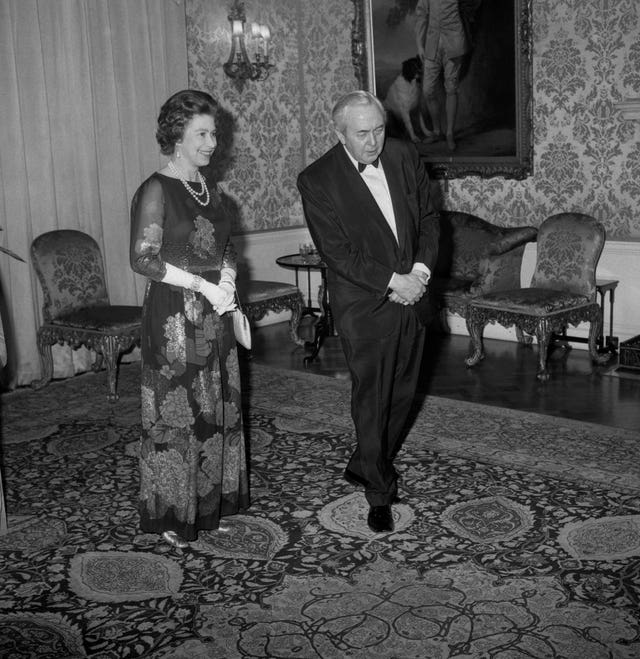
The Queen’s dedicated attention to her constitutional functions has been commented upon by many of her prime ministers.
Politicians know they ought not go to Buckingham Palace unless fully prepared.
Harold Wilson once confessed that he felt like a schoolboy who had not done his homework when the Queen cited a document which he had not read.
In the documentary Elizabeth R, filmed to mark her 40th year on the throne, the Queen gave her view on the importance of her meetings with her prime ministers.
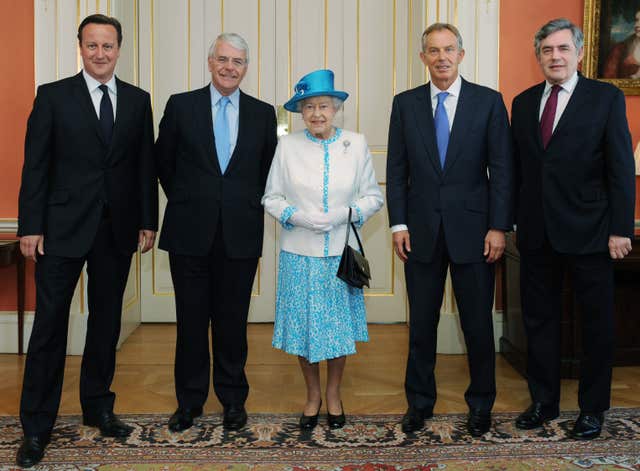
“They unburden themselves or tell me what is going on or if they have any problems, and sometimes I can help in some way as well,” she said.
“They know I can be impartial and it is rather nice to feel one is a sponge.
“Occasionally one can put ones point of view and perhaps they have not seen it from that angle.”
As head of state, the Queen is politically neutral and acts on the advice of her Government in political matters, but her political knowledge is immense.
She receives weekly briefings from the prime minister of the day and dozens of government documents pass across her desk every week for formal approval.




